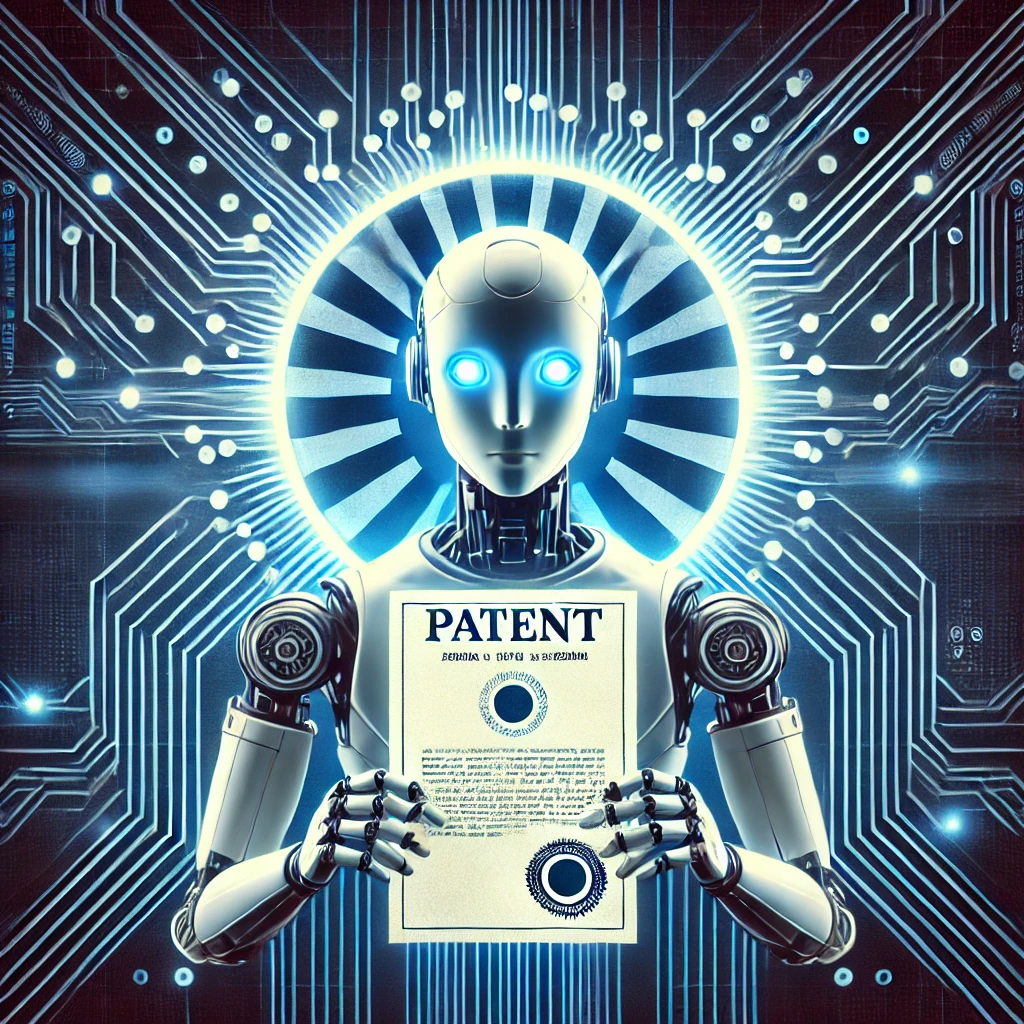The Japanese government’s initiative to consider recognizing AI developers as co-inventors in AI-assisted inventions marks a significant turning point in the intellectual property system. Let us explore the potential impacts of such systemic reforms on technological progress and economic activities.
The Significance of Recognizing AI Developers as Inventors
Traditionally, patent systems have regarded inventors as natural persons (humans). However, in an era where AI generates groundbreaking ideas using complex algorithms, the conventional framework increasingly fails to address emerging scenarios adequately.
For instance, if AI independently designs candidate compounds for pharmaceuticals, treating it simply as a human invention risks underestimating AI’s role. Recognizing AI developers as co-inventors could yield the following benefits:
- Enhanced Incentives
Allowing AI developers to benefit from patent-based profits could stimulate further investment and R&D in AI technology.
- Promotion of Technological Innovation
Clarifying the rights surrounding AI-driven inventions could accelerate innovation in socially critical fields, such as pharmaceutical development and energy efficiency technologies.
- Strengthened International Competitiveness
Pioneering the design of AI-related patent systems could establish Japan’s dominance in global intellectual property strategies.
Concerns and Challenges
Conversely, recognizing AI as an inventor in the patent system raises the following issues:
- Defining the Attribution of Inventions
How to evaluate the “degree of contribution” by AI in generating ideas and delineate roles between human developers and AI remains a critical question.
- Risks of Patent System Abuse
The potential for a surge in “mass patent applications” generated by AI could lower the quality of patents. This calls for cautious operational measures.
- Ensuring International Consistency
Since patent systems differ across countries, introducing unique rules for AI patents in Japan might create discrepancies with other nations. Discussions aiming at international standardization are essential.
Expectations for the Future of the Intellectual Property System
The remarks of Science and Technology Minister Kunai reflect a strong recognition of the importance of intellectual property systems in driving innovation. Looking ahead to a future where AI is recognized as an inventor, the following efforts are needed:
- Establishing Transparent Evaluation Standards
Clear criteria are essential to objectively assess the contributions of AI and humans and integrate them into patent examinations.
- Strengthening Education and Awareness
Educating AI developers and patent practitioners about the new system will promote its proper utilization.
- Global Collaboration
Cooperation among countries in formulating rules for AI patents can maintain international competitiveness while ensuring the fairness of the patent system.
The debate on how to position AI within the patent framework is a critical theme that will significantly influence future technological innovation and societal development. We look forward to Japan taking the lead in this field and establishing a forward-looking intellectual property system.

